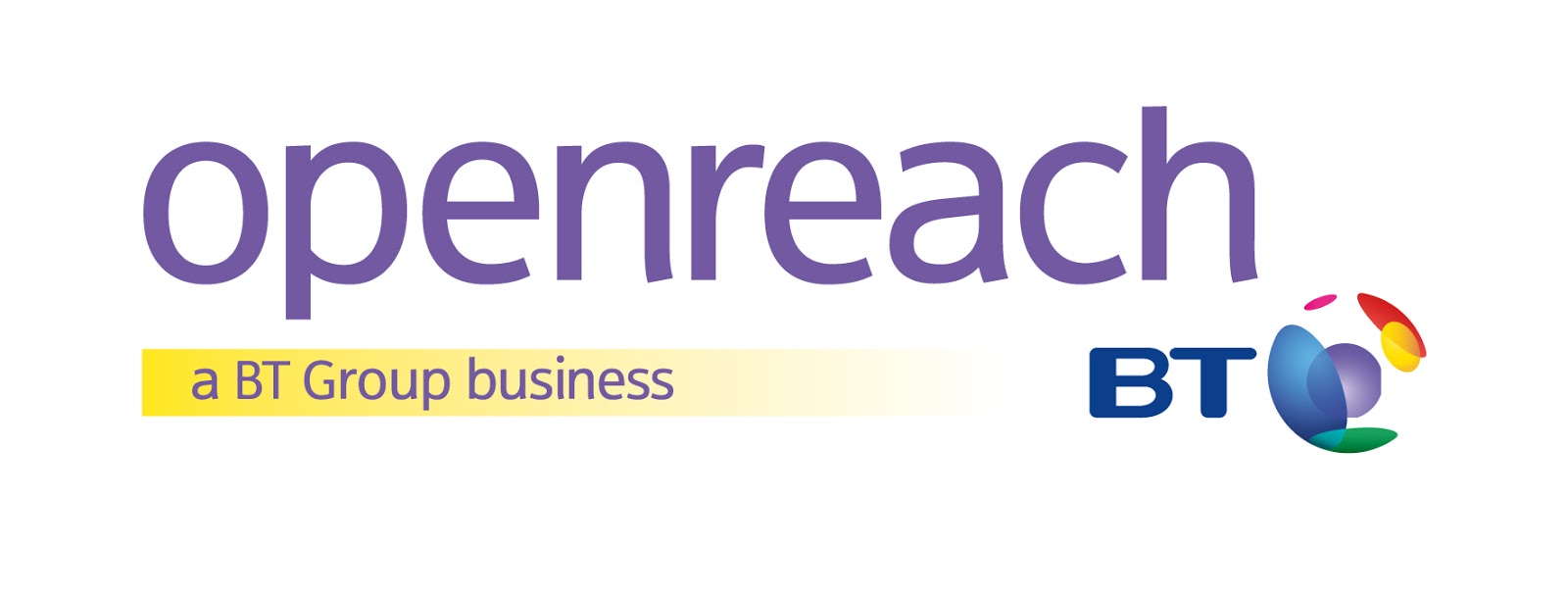Openreach Price Cuts May Mean Cheaper Broadband, More Fibre

Millions could see their broadband bills fall and superfast fibre connections become more accessible as Openreach, operator of much of the UK’s telecoms infrastructure, slashes wholesale prices.
Openreach, a BT-owned subsidiary, is to cut £100 million from what it charges rivals like Sky, TalkTalk, and Vodafone to use its network to provide superfast broadband. For example, OpenReach will cut 40% from the monthly wholesale price of each 80Mbps connection—from £9.95 to £5.99.
The hope is that broadband providers will pass these savings onto consumers, slashing bills and stimulating uptake of superfast and ultrafast connections (with speeds exceeding 24 Mbps and 100 Mbps, respectively).
“This offer is a win-win,” said Openreach chief executive Clive Selley. “It will help Britain’s homes and businesses to experience the benefits of faster and more reliable broadband. And it will incentivise our wholesale customers to participate in our long-term investment in digital infrastructure by upgrading more of their customers to superfast and ultrafast services.”
Currently, 10 million households have upgraded to superfast broadband on the Openreach network. Openreach hopes these price cuts will help another 17.5 million homes and businesses access faster internet connections within five years.
“Openreach’s decision to lower wholesale fibre pricing is good news for customers,” TalkTalk chief executive Tristia Harrison said. “We have long argued that lower wholesale prices are essential to driving higher fibre take-up, which leads to happier, more loyal customers.”
Openreach also intends the price cuts to push providers to upgrade infrastructure offer more full-fibre connections. Currently just 1 million customers can access full-fibre connections, which can sustain download speeds of 1 Gbps, via the Openreach network. Further roll outs are planned, with Openreach pledging to connect 3 million customers by 2020 and 10 million by 2025. Meanwhile broadband providers like TalkTalk and Vodafone are partnering with infrastructure providers like CityFibre to extend full-fibre networks to urban areas.
Currently the UK lags behind its European neighbours in the provision of full fibre: just 4% of UK premises are using full fibre broadband, compared to 89% in Portugal and 71% in Spain.
The government aims to switch the entire country from the copper phone network and part-fibre connections (often called FTTC, fibre to the cabinet) to full fibre broadband by 2033. The government recently unveiled plans to achieve full fibre coverage by requiring all new build homes to be fitted with full fibre as standard and by opening up Openreach ducts and poles to rivals.
The price cuts are to cost Openreach “tens of millions of pounds” in revenue and profit this year, BT said.
However, there’s no assurance that other internet service providers will pass their wholesale savings onto consumers. Last year telecoms regulator Ofcom mandated Openreach reduce the wholesale price of its most popular 40 Mbps superfast broadband connection by a third, from £88.80 a year to £59.04 by 2020-21. Consumers have yet to see those savings on their bills.
Read on our blog

With the government poised to implement tough new measures to...

Budget broadband provider TalkTalk has been notifying customers via email...

A year-long investigation by charity Citizens Advice has revealed a...

Education Secretary Nadhim Zahawi has announced a new commitment to...
